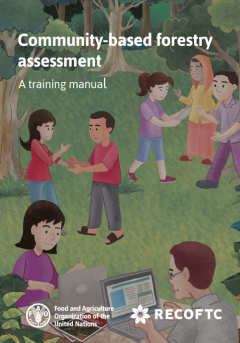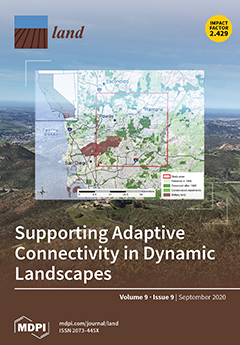Gender-smart agriculture: An agenda for gender and socially inclusive climate-resilient agriculture
The working paper reviews the evolution of the CCAFS gender and social inclusion agenda towards gender equality and empowerment in relation to climate resilient agriculture. Climate change research typically shows glaring gaps in understanding the different adaptive strategies and capacities of men and women, and the technologies, practices, and enabling environments that will empower women.





